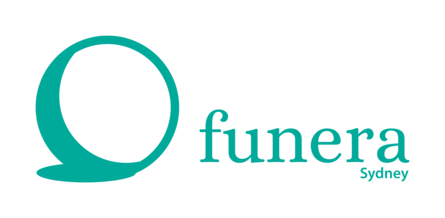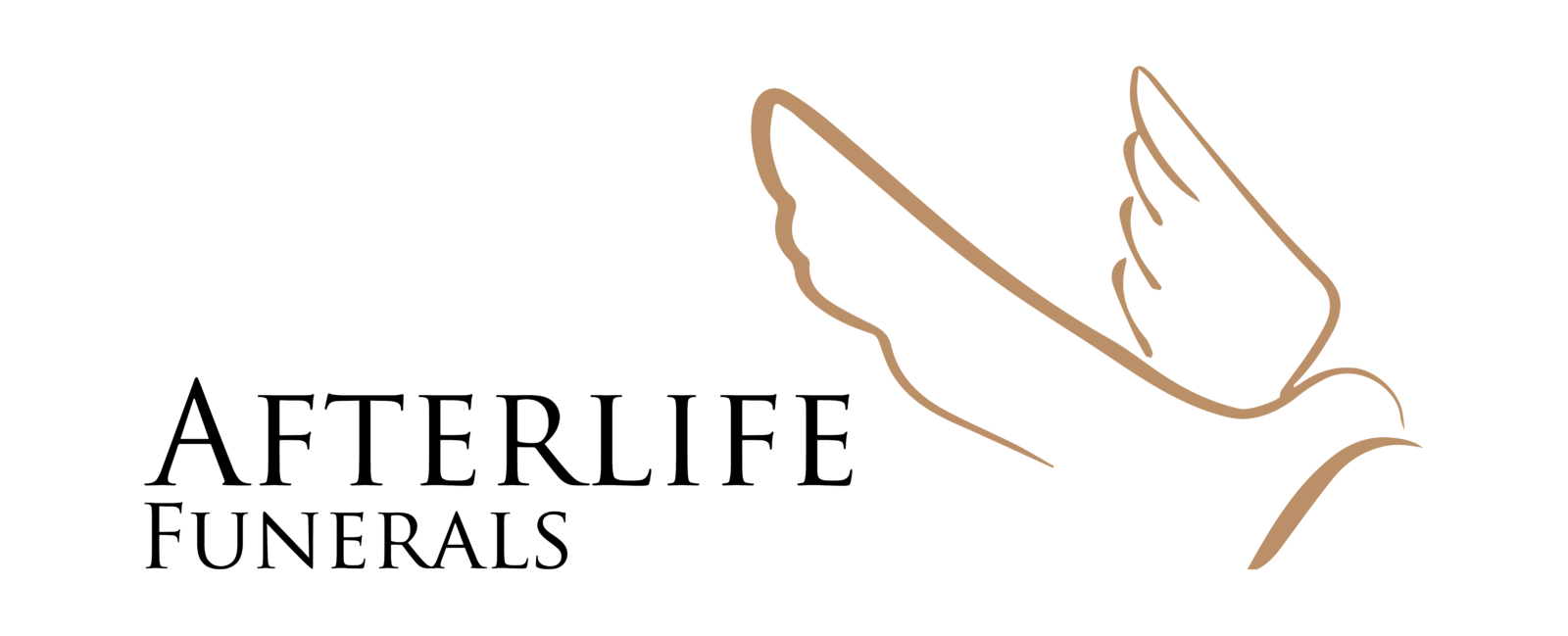Four Corners Identifies “Disgraceful” Funeral Industry Practises.
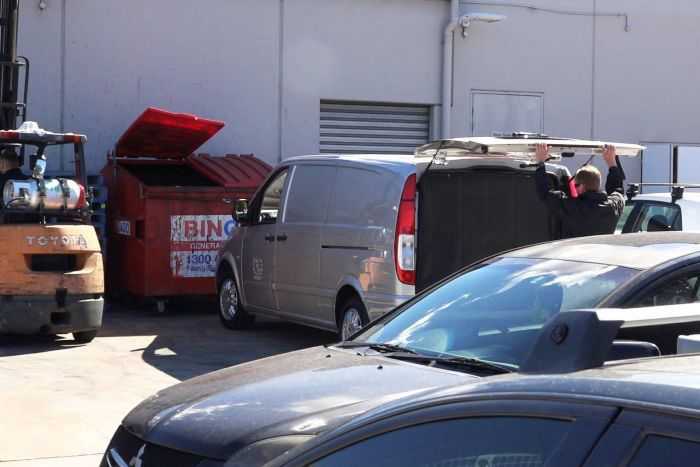
A van pulls up in the loading bay of a busy shopping centre, with a dead body inside.A doctor walks around the corner and a forklift whizzes past as the driver opens the back of the van.He opens the body bag. The doctor peers inside."Yep, that's Bill," the doctor says, before walking back to the surgery inside the centre.Identifying bodies in public is just one of the undignified practices revealed in a Four Corners investigation into the funeral industry.Despite most Australians having to organise at least one funeral in their lifetime, many industry insiders believe the public would be "horrified" if they knew some of the things that happen behind the scenes.Key points1. Four Corners investigation finds a number of undignified practices in the funeral industry, including bodies being identified in shopping centre carparks2. Vans loaded with bodies are driven 200km interstate for 'profit centre' cremations, which some in the industry argue should be illegal3. Embalmer says bodies have been put 'top to toe' in cold rooms if funeral homes run out of space but don't want to lose a customerPhoto: Bodies are sometimes driven to shopping centre carparks so a doctor can identify them. (Four Corners)
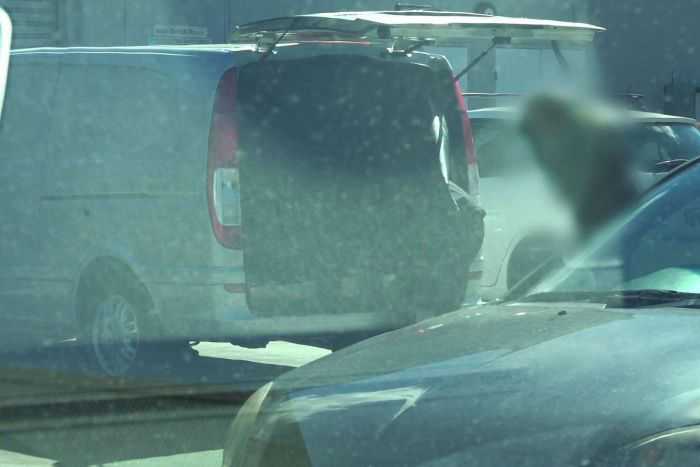
New South Wales Funeral Directors Association president Michael Mackay said the identifying of bodies in carparks was a "disgraceful" practice."It's ludicrous, it's disrespectful, it's humiliating," Mr Mackay said.In NSW, before a body is cremated the dead person has to be viewed by a doctor who can verify their identity."This creates the problem where we have to transport the person to the doctor's surgery for identification," he said."We've got one doctor who's next to a fish and chip shop.""I know our staff are horrified every time they have to do it and it's just morally wrong and it shouldn't happen."Mr Mackay says the doctors are not doing it by choice."I really feel sorry for the doctors that are involved in all of this. It's something that they honestly don't want to do. They're doing it because [of] the law," he said.The identification can take minutes but costs funeral directors hundreds of dollars, which they then pass onto customers.After being approached by Four Corners, New South Wales Health said it was reviewing the requirement.Photo: A doctor peers into a van to identify a body. (Four Corners)
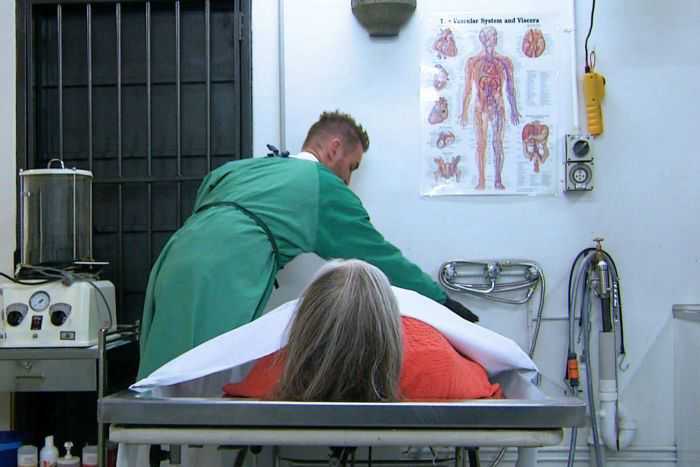
Rubbish in coffins, bodies 'top to toe'From rubbish being dumped into coffins, bodies stored 'top to toe' on the same tray, to family wishes being blatantly ignored, funeral home owner Michael Cox has witnessed some abhorrent behaviour in the industry.Mr Cox and his staff have seen other funeral directors put garbage and medical waste inside coffins."Because either they've got no medical waste bin, or purely because they want to get rid of some rubbish, and it's been put into the coffin with the deceased," he said."If they've run out of room in the cool room, they'll put deceased people top to toe on the same tray because they won't say no to a funeral."He says he knows of workers at a Melbourne crematorium pulling out wire coat hangers from the cremation chamber."Clearly the families have provided clothing, and the clothing has just been thrown into the coffin with the person. Coat hanger and all," he said.Mr Cox is calling for the industry to be more transparent and for minimum standards to be enforced.Photo: Qualified embalmer Michael Cox prepares a body in his mortuary. (Four Corners)
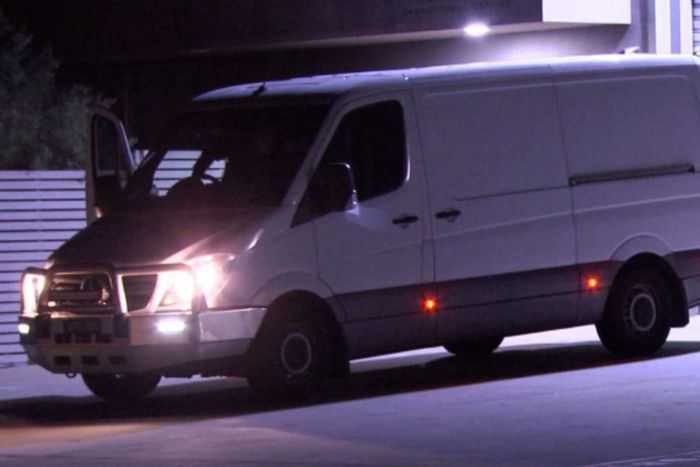
Bodies driven interstate for 'profit centre' cremationsIn Victoria, private companies cannot run crematoriums, which can only be operated by state government trusts and charge fixed prices.One of Australia's largest independent funeral homes, Tobin Brothers, transports some bodies 200 kilometres from Victoria to New South Wales, where it owns a crematorium.The company said most of its transport vans could take up to five corpses at a time and one van can carry eight.Tobin Brothers CEO James Macleod said the NSW crematorium was a "profit centre" for the company, but that the decision to take the bodies interstate was made because his staff were not happy with the service at Victoria's state-run facilities."It's also important to us that we maintain the care of the deceased in our care, because when we hand it over to a third party, we don't know what their training is," he said.Christian Maxwell, the CEO of Zaly, a company which owns businesses in both Victoria and New South Wales, said he had no concerns with the service at Victoria's crematoriums.Photo: Four Corners filmed a van with five bodies about to be taken 200 kilometres north for cremation interstate. (Four Corners)
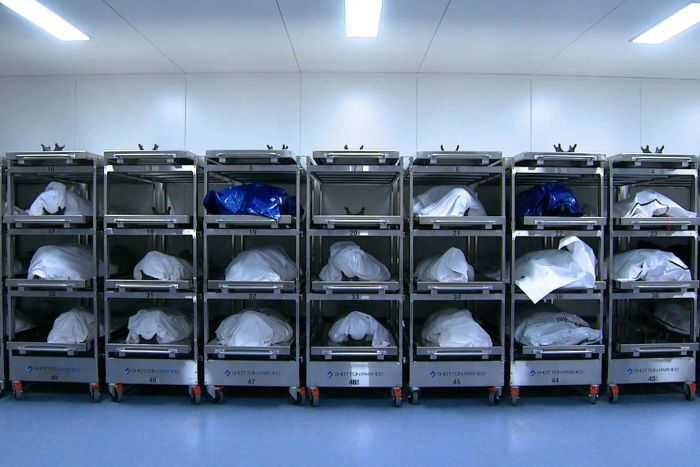
"I think the fact that companies are trying to penny-pinch by taking bodies outside Victoria for cremation is ridiculous," Mr Maxwell said."You're taking someone's loved one, you're driving them … in a van where they [are] shaking around and moving around, when there's perfect facilities here in Victoria."In a way, it should be illegal."Mr Macleod said the transport of bodies interstate was disclosed in the paperwork signed by the families. Mr Maxwell still believes it is unethical. "At the end of the day, these people aren't meat. They can't just be shipped around because it's convenient," he said.Photo: Zaly, a company which owns several funeral homes, doesn't support moving bodies interstate for cremation. (Four Corners)
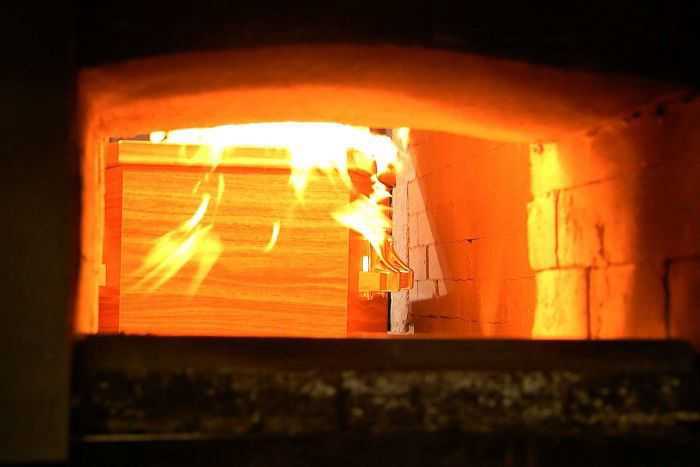
Different priced brands, same mortuaryAustralia's largest funeral operator, Invocare, is an ASX-listed company that owns almost 300 funeral homes, including well-known brands like Simplicity, White Lady, Le Pine, Guardian Funerals, and Value Cremations.Carly Dalton worked briefly for Simplicity before setting up her own funeral home and is now the president of the Association of Independent Funeral Professionals."I don't believe funeral services belong in a shareholding environment. It's not an environment where you should be … optimising every dollar out of every family," she said.She described the back-of-house operations at Invocare as impersonal."There would be three or four embalming tables, and three or four embalmers working all together, male and female, and a lot of activity," she said.Photo: Many Australians opt for a cremation instead of a burial. (Four Corners)
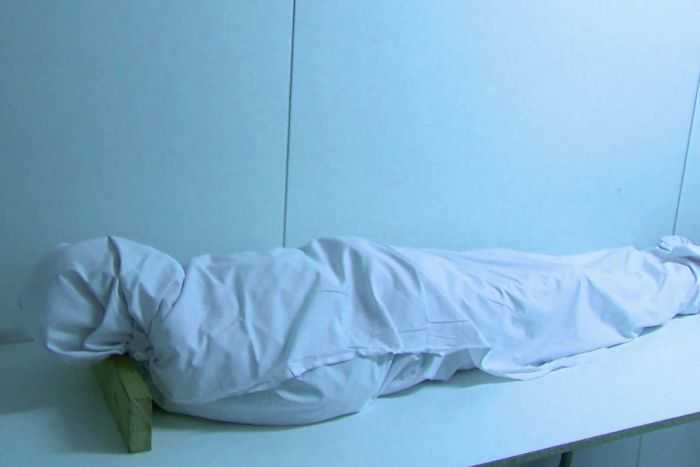
A farewell through Value Cremations can cost as little as $1,250, whereas a service with White Lady starts at around $7,000 excluding the cremation or burial fee.While Invocare brands have vastly different prices, bodies are often prepared in the same mortuary and are handled by the same staff.Former Invocare embalmer turned competitor Terry Clifton left the company in 2012 after becoming frustrated with its operations and sales tactics."It doesn't matter which brand you're using, the facilities where the preparation takes place, or the supplier, or the various products — all come from the same place," he said.Invocare CEO Martin Earp confirmed this practice does happen."It may well happen in the same mortuary. But, I mean, much like going to a restaurant, you may order a different meal, your main course may be a lot more than someone else's, it still happens in the same kitchen," he said.Photo: Bodies are often kept in cold rooms once they arrive at mortuaries for embalming.
Source: www.abc.net.au
